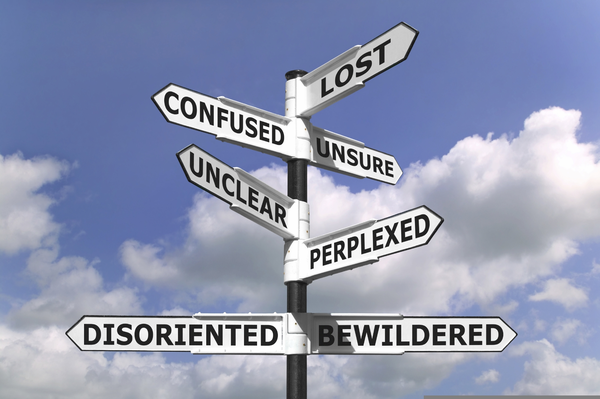Someone who read the previous blog contacted me and said, “I read that the Lord confused the language rather than Babylon confused their own.”
Of course he was quite correct. In a short blog post, sometimes important things are inadvertantly left out or glossed over. I am grateful for the opportunity to clarify that.
This is a common narrative device in the Old Testament. One of the hallmarks of great literature, we are told, is irony. And Bible stories are filled with irony. In Exodus, the Ten Plagues that befall Egypt are full of irony. Pharaoh says to Moses, “”Who is the LORD, that I should obey him and let Israel go? I do not know the LORD and I will not let Israel go.” Pharaoh, who denied the sovereignty of God worshipped —among other things— the Nile. So God turns the Nile into blood. It’s as though God is saying, “You worship the Nile, well, see what I do to your ‘god.'” The Egyptians also worshipped frogs. Again, it is as if God says, “You like frogs? I’ll give you frogs.” So what they worship, and look to for blessing, become plagues to them. That’s irony.
In Genesis, Rebekah and Jacob—mother and son— trick his blind father into giving him the blessing of the firstborn. Not long after, Laban and Leah—father and daughter—trick Jacob into marrying Leah, rather than Rachel. And just in case you miss the irony, Laban says, ““It is not our custom here to give the younger daughter in marriage before the older one.”
God’s judgments, therefore, often involve a heavy dose of irony. For example God sees that the earth is filled with violence in ch. 6 & 8. In Lamech’s song to his two wives, in chapter 4, he speaks of killing in reprisal for a mere wound, an example of a chaotic society. God responds to this by filling the earth with water, returning it to a state of chaos first seen before God makes order in the Creation. The judgment on the chaotic flood of violence is a chaos-like flood of water.
At Babel, God confused their language to frustrate their ambitions. But those ambitions were themselves confused. At Babel, the people display their confusion by claiming they can build a tower that reaches to God’s dwelling place—heaven. Their confusion is displayed again in their belief they can escape God’s judgment—the Tower will be high enough so they can escape flood waters—through their own efforts.
Having confused themselves that they are like God, God responds by confusing their language, exposing their grandiose claims as folly. The Babylonians thought they could disobey God’s command that they disperse and fill the earth, but language barriers compelled them to scatter.
We all live in Babylon, surrounded by confusion. And Babylon also lives in us—something we will explore later









